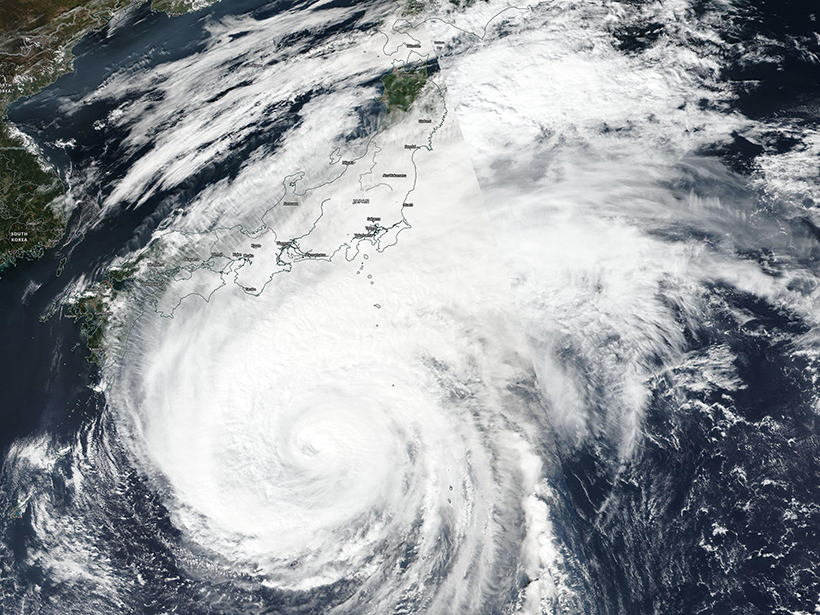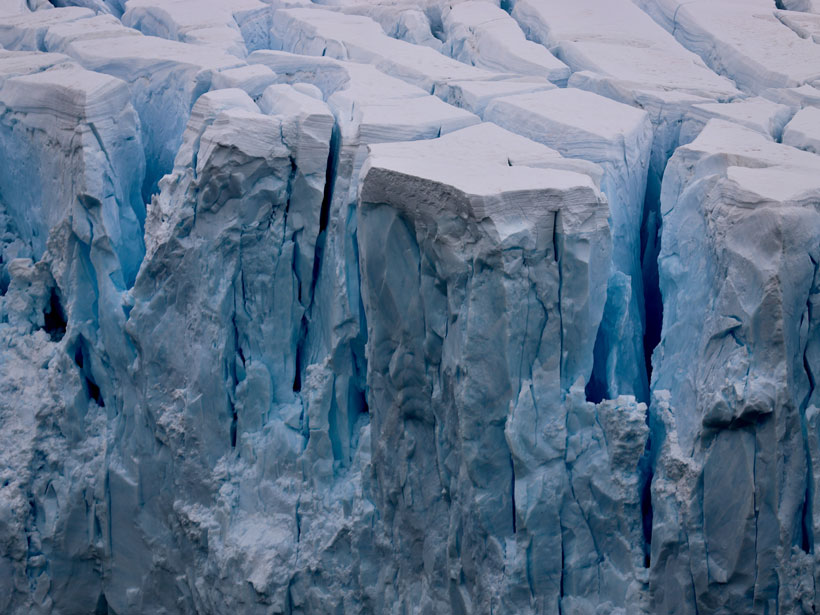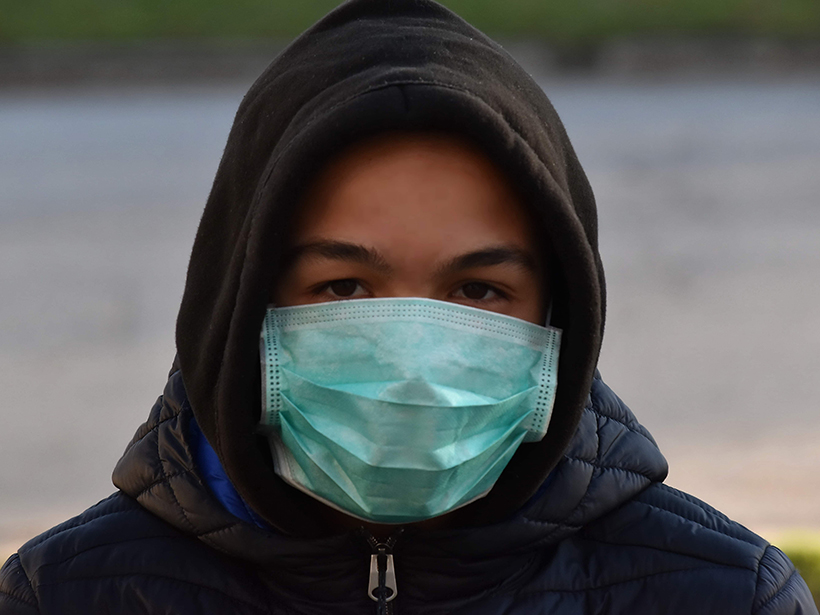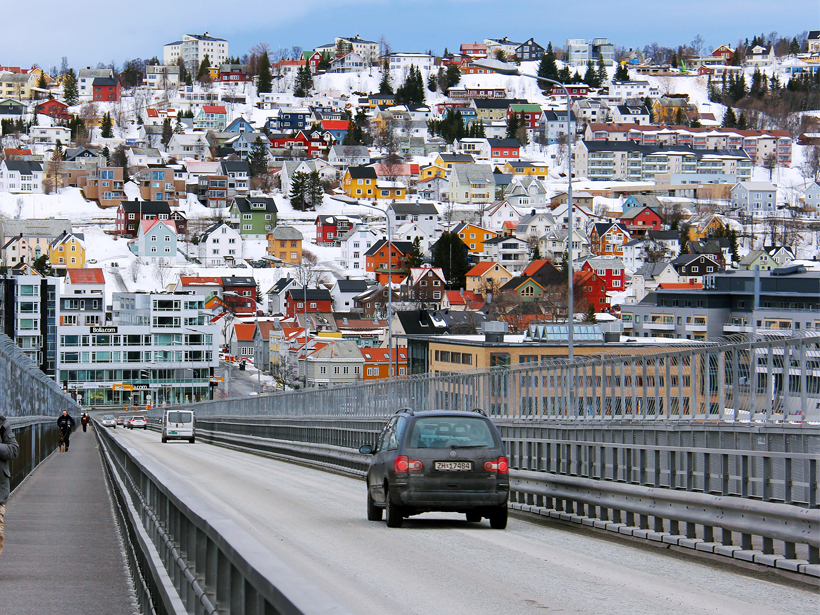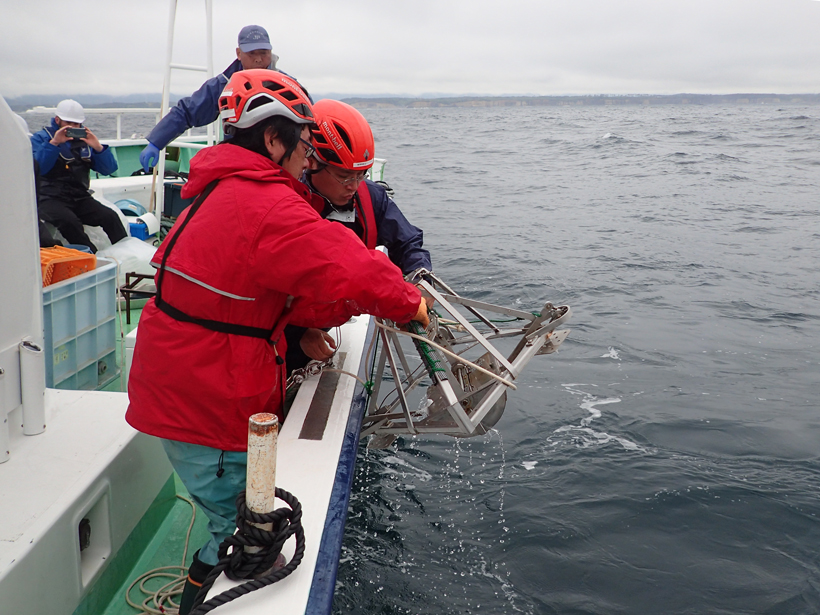Researchers analyzed a survivor’s account of the disaster to better understand future temblors.
Tim Hornyak
Tim Hornyak (www.timhornyak.com) is a Canadian writer based in Tokyo, Japan, who has worked in journalism for more than 20 years. He has written extensively about travel, food, technology, science, culture, and business in Japan, as well as Japanese inventors, roboticists, and Nobel Prize–winning scientists. Tim’s writing has appeared in media including The New York Times, Nature, Science, Scientific American, CNBC, CNET, Eos, The Japan Times, and IDG News. He is the author of Loving the Machine: The Art and Science of Japanese Robots and has contributed to several Lonely Planet travel guidebooks. His favorite robot is Astro Boy, but he firmly believes that the greatest Japanese invention of all time is the onsen (hot spring). He has lived in Tokyo for more than 15 years.
Typhoons Getting Stronger, Making Landfall More Often
New research shows a growing threat from Pacific storms amid climate change.
Shrinking Ice Sheets Lifted Global Sea Level 14 Millimeters
Researchers measure both grounded and floating ice sheets using satellite data spanning a 16-year period.
La Contaminación del Aire Puede Empeorar la Tasa de Mortalidad por COVID-19
Científicos descubren que condados altamente contaminados en los Estados Unidos tendrán una tasa de mortalidad por COVID19 4.5 veces más grande que aquellos condados similares.
Air Pollution Can Worsen the Death Rate from COVID-19
Scientists find that highly polluted counties in the United States will have a COVID-19 death rate 4.5 times higher than those with low pollution if they’re otherwise similar.
New Classification System for Lakes Forecasts a Warming Trend
Researchers devised a system of nine thermal categories for lakes and estimate that 79% of northern frigid lakes could become warmer types.
Early Sprouting of Leaves Enhances Northern Hemisphere Warming
As leaf out has been advancing 4–5 days per decade, scientists say the effect of vegetation on climate remains poorly understood.
Cleaner Air Takes Some of the Bite out of European Winters
Scientists find that reduced aerosol emissions correspond to fewer extremely cold days.
Japan Puts Its Mark on Geologic Time with the Chibanian Age
The newly named period in the Pleistocene identifies a key moment in geological history: the last time Earth’s magnetic poles switched places.
IAEA Affirms Japan’s Fukushima-Related Radioactivity Monitoring
Laboratories outside Japan have validated the results. Marine radioactivity levels from the nuclear disaster have fallen, but questions remain years after the meltdown.


